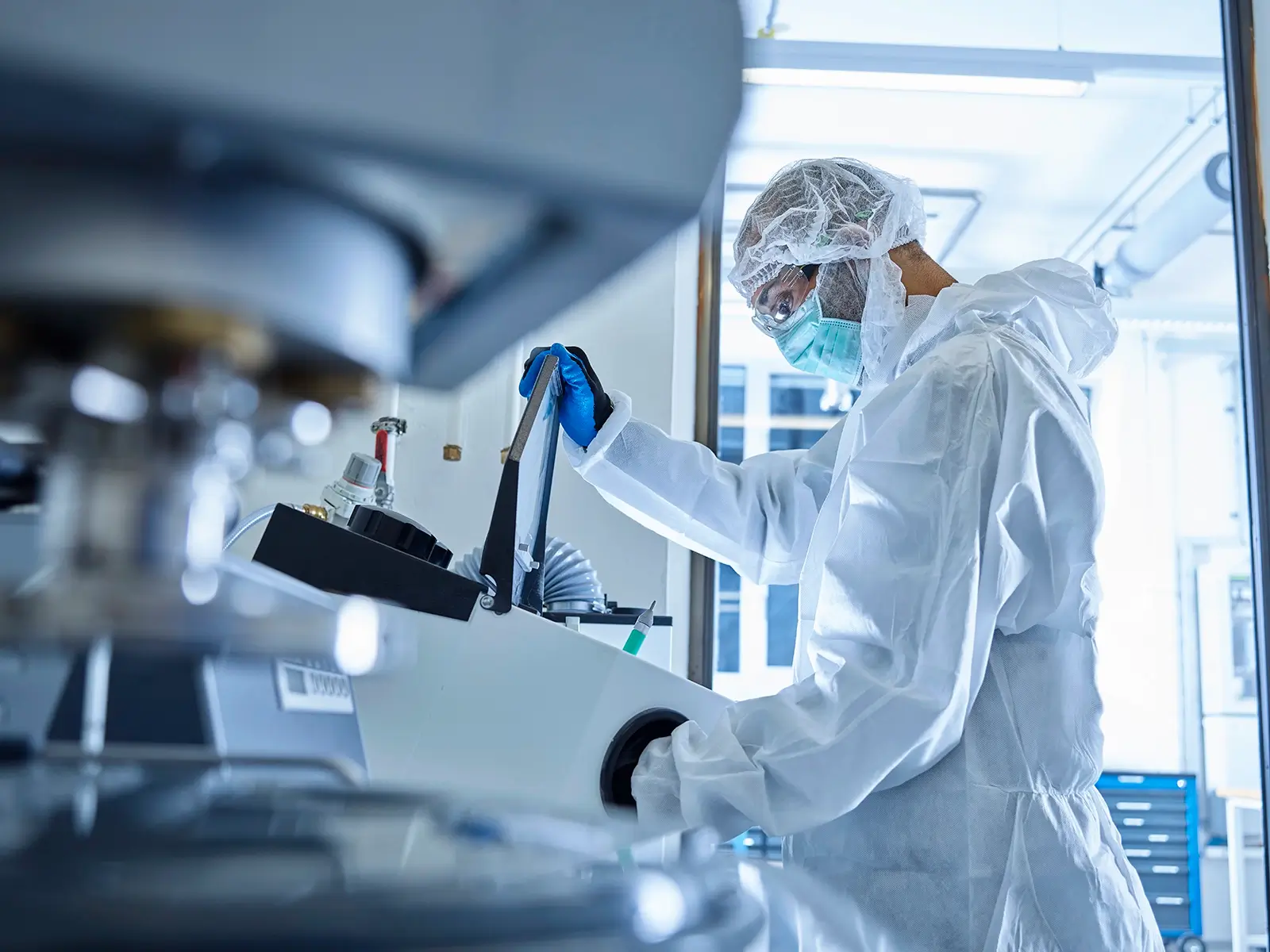Advancing cell and gene therapy frontiers
Advancing cell and gene therapy frontiers
By Lillian M. Dampman, Senior Director, CVMER, Operational Strategy and Planning and Paulla Dennis, Senior Director, Rare Diseases, Advanced Therapies and Pediatrics, Operational Strategy and Planning
Futuristic science fiction movies depict instantaneous whole-body healing in the blink of an eye, making it look simple to cure disease. We are likely still far from that ideal futuristic scenario; however, we are in the early stages of exploring the extraordinary possibilities offered by cell and gene therapies (CGT) for the treatment of disease. We have begun to illuminate that black box of genetics and disease and started to connect all the myriad elements in the CGT pathway successfully. The complexity of developing CGTs is high but remains doable. CGT requires us to harness the technological, medical and scientific advances of our time, while balancing operating and regulatory dynamics that can feel unpredictable and sometimes cumbersome. There's much to manage!
Guidance abounds but can be confusing with requirements from multiple agencies. Patient safety and burden remain at the forefront of CGT study delivery and is critical when follow-up, depending upon the investigational product, may last for 15 years. Questions such as, "Is the benefit even going to be observed?", "Is there ROI?", constantly ground us as we move forward with the hope of a CGT product's success. Fortrea has established plans and processes for the clinical development and regulatory pathways for your product, has knowledge of manufacturing vendors, and the subject matter experts to lead you through the clinical development of your product in the short and long term.
A simple goal-treating or finding therapies for specific, perhaps rare diseases-can become quite complex. Successful approval of a CGT product requires the development of a comprehensive plan coordinating the shift from pre-clinical work to clinical trials. Once ready for the transition to clinical trials, understanding the multiple regulatory and ethics agency approvals needed, the manufacturing requirements and logistics, as well as working with sites who may or may not be CGT experienced, will be fundamental to successful delivery. While some drug development processes do not change for a CGT study, (i.e., investigator and site selection and activation, IRB/ethics approvals, adherence to protocol requirements, etc.), other processes are much more involved and can vary widely from country to country and site to site. For example, in cell therapy studies, contracts needed to be secured early to make sure scheduling slots are available at the appropriate time to prepare the cell product. Product logistics for autologous products require the specific patient to be scheduled, samples taken (whether bone marrow or blood, etc.) and sent to the manufacturer, processed and then returned to the same patient.
Managing this process and ensuring patient safety, ironclad chain-of-custody for the product, on-time dosing, and avoidance of protocol violations are all critical. Often, as trials progress from phase to phase, the overall logistics, regulatory and ethics processes and site management become more challenging.
Fortrea has an extensive internal network of SMEs dedicated to the CGT and rare diseases, as well as experienced partners with the capabilities to support development of these advanced therapies through to marketing approval.
Someday, we may see the technological advances envisioned in movies, but for now we take it step by step, learn as we go and deliver high-quality data to aid the field in advancing CGT therapies.
Read more information on Fortrea’s CGT therapies deep global experience across clinical development.
Terapias celulares y génicas
Tailored solutions for cell and gene therapy programs.
Related insights




